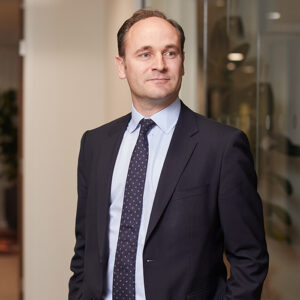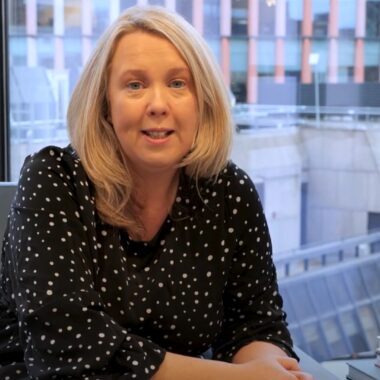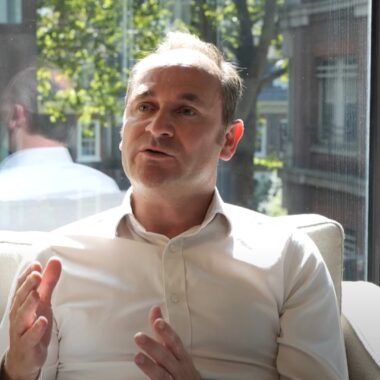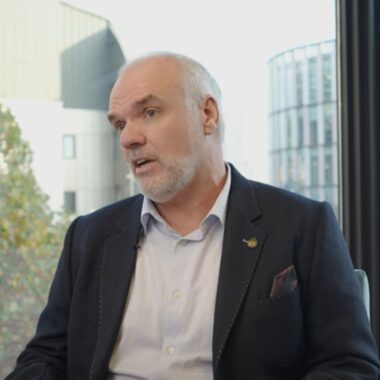Chris Osborne, Forensic Services Partner, talks about ethics and how to deal with public interest as a forensic accountant
The importance of behaving ethically in forensic accounting
As a forensic accountant, it is important to be mindful of the ethics required from the position. Some cases have a high level of public interest, and therefore come with an extra level of scrutiny. In this third instalment of a multi-part video series, Accountancy Age spoke to Chris Osborne, Partner in our Forensic Services team at FRP, to discuss the importance of neutrality and the ethics required to be a forensic accountant.
As a forensic accountant, it is important to be mindful of the ethical behaviour that is expected from the position. Forensic accountants are required to be a neutral party in investigations, relying on the facts and figures to determine whether there has been wrongdoing.
As a party-appointed expert in legal cases, the duty of the forensic accountant is to the court, so despite potentially being appointed by one particular party, it is important to remain neutral.
As described in the ‘Skills’ video of this video series, in which Accountancy Age spoke to Chris, a good understanding of the law and legal process is a very helpful skill to have, especially in such cases.
In this video, Chris talks about the importance of neutrality and the ethics he is required to uphold in his work. He also reflects on his time on secondment at the Serious Fraud Office, and how working there meant being involved in some high-profile cases. Chris compares working in forensic accounting in the private and public sector, and how the role differs between the two.
Chris joined FRP in 2016 to set up the forensic accounting practice at the firm and has over 20 years of experience working on disputes, fraud, bribery and corruption investigations.
Over the course of those two decades, he spent three years on secondment with the Serious Fraud Office as a forensic accountant, and a secondment to the Financial Services Authority as a financial investigator. He is a fellow at the ICAEW and has an LLB Law degree. He says that during his time, he has never experienced a point when the work was not stimulating and challenging.
First published on accountancyage.com in February 2020.








